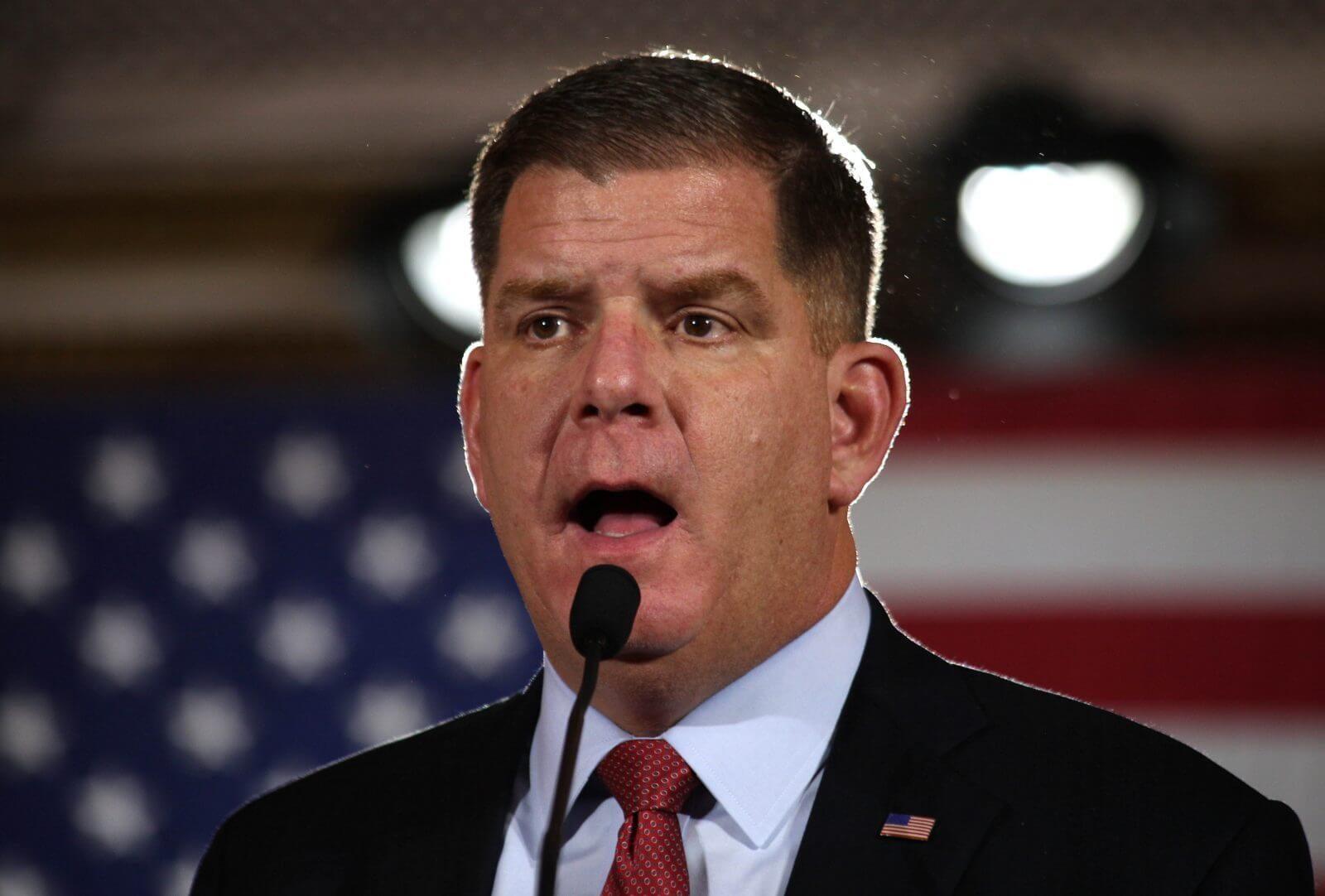Energy reform might not seem like a pressing issue with current gas prices declining, but Boston University professors said President-elect Barack Obama must act quickly and with a concrete plan of action to wean the United States off oil and lower carbon dioxide emissions.’
‘It’s easy to think the problem has been solved,’ BU geography and environment professor Robert Kaufmann said. ‘But it hasn’t.’
Global oil production could peak within the next five to 20 years, which would leave the oil supply diminishing while demand continues to rise, Kaufmann, the Center for Energy and Environmental Studies director, said. However, by the time gas prices rise again, triggering another wave of concern, it might be too late to take steps to get energy alternatives in place.
Obama’s plan for reducing foreign oil dependency includes taxing carbon dioxide emissions and directly subsidizing clean-energy technology. It also proposes direct governmental spending on all new infrastructure.
The best solution would be to impose a tax on oil that would increase gradually over time, Kaufmann said. To stay competitive, companies would need to take a larger interest in developing cheaper alternative energy sources.
‘He needs to send a very clear signal that energy is going to become more expensive,’ he said. ‘He can’t just leave it to oil prices going up and down to get us to move away from oil.’
Obama’s plan is intended to ‘eliminate our current imports from the Middle East and Venezuela within 10 years,’ according to Obama’s campaign website. The plan includes increasing fuel economy standards and putting one million plug-in hybrid cars into use by 2015. However, Kaufmann said Obama has not proposed anything as concrete as an oil tax.
‘Tell me how you’re going to do it,’ he said. ‘It’s certainly a nice goal, but he has to propose something specific to get us to that goal.’
Intergovernmental Panel on Climate Change member Anthony Patt said in an email that another large energy challenge facing Obama is reducing carbon dioxide emissions to prevent further climate change.’
Patt, a former BU geography and environment professor, said the Obama plan impressed him with its commitment to reducing emissions 80 percent by 2050.’
The plan is a realistic way to reduce carbon dioxide emissions, but the biggest challenges facing Obama will be political, not technical or economic, Patt said.
Obama’s energy plan could face political opposition from fiscal conservatives, however, BU assistant political science professor Douglas Kriner said.
‘It will be an uphill battle to persuade them to back an expensive government program and invest in alternative energy when facing a record deficit,’ he said.’
The key to getting Obama’s energy policies onto the agenda quickly will be linking them to his economic ones, Kriner said. Obama’s energy plan calls for the creation of 5 million green jobs. If he can package that idea with his economic recovery plan, politicians will be more likely to support it.
The bigger challenge for Obama will be getting the government to invest directly in new energy technologies, Kriner said.
‘That’s harder to sell than creating jobs in the short term.’

























































































































